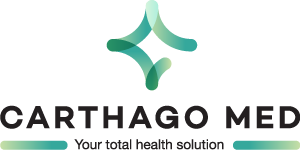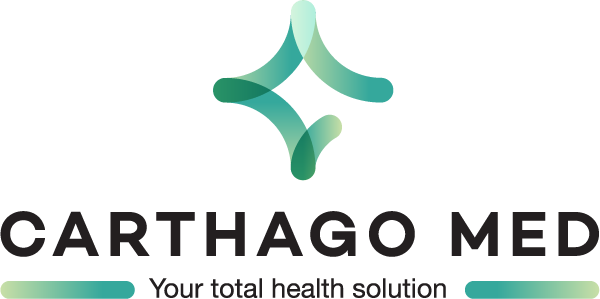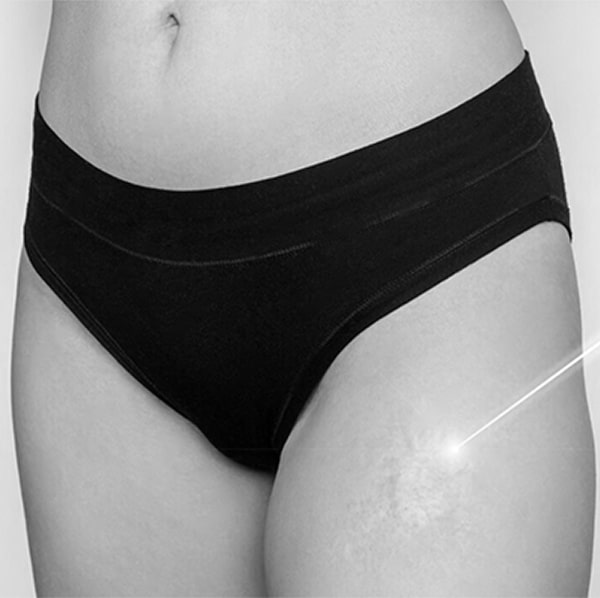Scar Treatment : Laser scar removal
Scars, whether caused by surgery, accidents, or injuries, can be a source of discomfort and self-consciousness for many individuals.
What is scar treatment?
Scar treatment refers to the various methods and procedures used to minimize the appearance of scars on the skin. Scars are a natural part of the healing process after an injury, surgery, or skin condition such as acne. While scars cannot be completely removed, scar treatment aims to improve their appearance, texture, color, and overall visibility.
There are several common scar treatment options available. Topical treatments, such as creams, gels, and silicone sheets, can be directly applied to the scar to moisturize the skin, reduce redness, inflammation, and promote collagen production. Steroid injections are used to flatten raised or keloid scars by reducing inflammation and breaking down excess collagen. Surgical scar revision involves removing the old scar and creating a new, less noticeable one, suitable for larger or contracture scars. Laser scar removal utilizes focused laser energy to stimulate collagen production and reduce the appearance of scars. Microdermabrasion and chemical peels remove the top skin layer to promote new cell growth and improve scar texture. Dermal fillers may be injected beneath the skin to raise depressed or indented scars, making them less noticeable.
What is the average price of scar treatment?
The cost of scar treatment can vary significantly depending on various factors such as the type and severity of the scar, the chosen treatment method, the location of the treatment facility, and the geographic region. Here are approximate average costs for popular scar treatment options. Over-the-counter scar creams or gels can range from $10 to $50, while prescription-strength topical treatments may cost between $50 and $200, depending on the product and insurance coverage. Steroid injections for scar treatment can vary from $100 to $500 per session, contingent on the number of injections required and the provider's fees. Surgical scar revision costs depend on factors such as procedure complexity, surgeon's experience, and location, ranging from several hundred dollars to over $10,000. Laser scar removal sessions can cost between $200 and $800, with multiple sessions often necessary for optimal results. Microdermabrasion sessions range from $75 to $200, while chemical peels may cost between $100 and $500 per session. Dermal fillers for scar treatment vary in price, typically ranging from $500 to $2,000 per syringe, based on the type and amount of filler used, as well as the product and provider.
How does scar cream Work ?
Scar creams utilize various mechanisms to enhance the appearance of scars, employing different ingredients and formulations. Common functions of scar creams include moisturization, achieved through ingredients like oils or hyaluronic acid, which soften and smooth the skin, reducing dryness and roughness typical of scars. Silicone, a key component in many scar creams, forms a protective barrier, retaining moisture and flattening raised scars like keloids or hypertrophic scars. Some scar creams stimulate collagen production using ingredients like vitamin C or peptides, improving scar texture and firmness by enhancing skin strength and elasticity. Scar creams may also incorporate anti-inflammatory components such as corticosteroids or plant extracts, reducing redness and swelling associated with scars. Additionally, certain scar creams contain lightening agents like hydroquinone or kojic acid, fading hyperpigmentation and dark spots in scars, enabling better blending with the surrounding skin tone. For more severe or persistent scars, it may be necessary to consider other treatment options such as laser therapy, surgical scar revision, or professional medical interventions. Consulting with a dermatologist or a qualified medical professional can help determine the best course of action for your specific scar.
What are the different treatment options available for scars?
Various treatment options are available for scars, ranging from topical applications to more invasive procedures. Topical treatments like creams, gels, and silicone products are directly applied to scars, aiding in moisturization, texture improvement, redness reduction, and collagen production stimulation. Corticosteroid injections flatten raised scars, especially effective for keloids or scars with excessive collagen. Laser therapy breaks down scar tissue using focused laser energy, stimulating collagen production and new skin cell growth. Dermabrasion removes the top skin layer, promoting healthier skin growth and commonly used for acne scars or surgical scars. Chemical peels involve a chemical solution to peel off outer skin layers, reducing superficial scars and enhancing skin texture. Microneedling creates controlled micro-injuries, stimulating collagen production and improving scar appearance, often used for acne scars or stretch marks. Surgical scar revision surgically removes scar tissue and reconnects the skin for less noticeable scars, recommended for larger or contracture scars causing functional impairments. It's important to note that the suitability of each treatment option depends on the type, severity, and location of the scar. Consulting with a dermatologist or a qualified medical professional is crucial to determine the most appropriate treatment option for your specific scar.
What results can be expected from scar treatment?
The results of scar treatment can vary depending on various factors such as the type and severity of the scar, the chosen treatment method, and individual healing responses. While complete removal of scars is typically not possible, scar treatments aim to improve their appearance and minimize their visibility. Scar treatments offer several potential outcomes, including an improved appearance where scars become less noticeable, appearing smoother and blending better with the surrounding skin. Certain treatments, like corticosteroid injections or laser therapy, can reduce the size or thickness of raised scars, resulting in a more even skin surface and diminished prominence. Scar treatments also enhance texture by encouraging the growth of new, healthy skin cells, creating a smoother and more natural feel. Additionally, these treatments can lighten pigmentation within scars, aiding in a more seamless integration with the skin tone. Furthermore, scar treatments often have broader effects on overall skin quality; they can stimulate collagen production, enhancing skin elasticity and contributing to a more youthful appearance.
It's important to note that the degree of improvement can vary depending on individual factors and s car characteristics. Some scars may respond more favorably to certain treatments, while others may require a combination of different approaches for optimal results. Additionally, multiple treatment sessions may be necessary to achieve the desired outcome. During the consultation with a dermatologist or a qualified medical professional, they can assess your scar, discuss your expectations, and provide a realistic outlook on the potential results you can expect from the chosen scar treatment.
Contact us:
Phone: 00 216 22 960 337 - Email: contact@carthagomed.com









